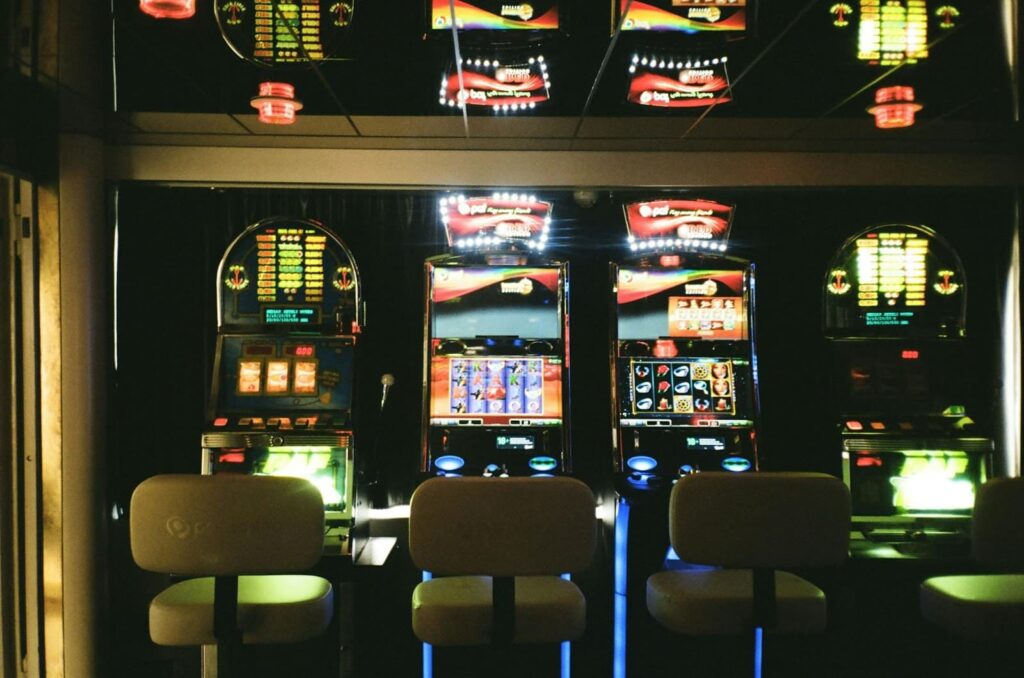When joining an online casino, players look for an alternative to a real gambling venue. Video slots can be great fun, but playing classic casino games in a live format is a completely different story. Having a real croupier handling the cards and navigating you through the iGaming process feels like spending quality time somewhere in Las Vegas. No wonder more and more individuals focus on live gaming services when searching for labākais tiešsaistes kazino Latvijā. Modern technologies promise to take the live casino experience to a new level. Let’s see how exactly!
VR Casinos
Online casino operators have taken gaming to the next level by integrating Virtual Reality (VR). They invite players to enter a 360-degree gaming environment using special equipment. Once there, players can walk around a virtual casino space, interact with other players, and play games using their personal avatars.
VR games have already become popular among players. Players can make the reel spin and watch the ball getting into an empty section. They can handle chips and cards, react to game bonuses, and even display their facial expressions. The whole thing promises to deliver a unique gaming experience.

VR casinos are still experimental due to technical complexity. The need for special equipment makes things more complicated for average users who can’t afford the purchase. Even though VR headsets are becoming more and more affordable, it will still take time for their mass adoption. VR casinos also require stable internet to manage the live gaming experience.
AI Croupiers
Live gaming is a fun experience by its definition. But AI croupiers can make the gaming process even more exciting. Players can join a virtual casino table and play games with holographic dealers.
Developers use advanced algorithms to replicate human behavior. AI dealers look, sound, and behave like real people. However, their productivity is much higher. They can operate 24/7, reducing waiting times and minimizing errors. Developers try to personalize interactions between players and croupiers. So the live gaming process is supposed to be extremely close to the real gaming process. Last but not least is the growing casino revenue. AI croupiers require lower operational costs since they don’t need salaries or working breaks.
AI dealers may struggle with realism, causing an “uncanny valley” effect that could make players uncomfortable. They require significant computing power, while slow or inaccurate reactions could frustrate users. Security is another concern—handling sensitive player data requires strong privacy protections.

Cryptocurrency Gaming
Blockchain technology has been transforming the casino game development industry for years. It ensures transparency and reduces fraud while eliminating banking restrictions. Bitcoin, Ethereum, and Litecoin provide decentralized payment options, allowing players to enjoy privacy and instant transactions.
Crypto casinos stem from traditional online platforms, solving trust issues with advanced encryption. Mobile gaming expanded accessibility, so now, blockchain integration is streamlining payments. Smart contracts in Ethereum-based casinos provide fairness and automate payouts.
Key advantages include security, anonymity, and cost-efficiency. Encrypted transactions reduce fraud risks while maintaining player privacy. Crypto transactions also bypass high transaction fees, making them attractive and accessible to everyone. In addition, blockchain-based casinos usually have no financial restrictions.
Cryptocurrency volatility affects live casino economics. Regulatory uncertainty also creates certain risks since different countries impose restrictions on the crypto gambling experience. The future of crypto gaming looks promising, with blockchain transparency and confidentiality.
While digital currencies gain universal adoption, more and more live casinos will rely on blockchain. Even those who haven’t done it yet will have to integrate crypto payments into their system. Cryptocurrencies are moving from optional to mandatory service, especially for success-oriented operators.